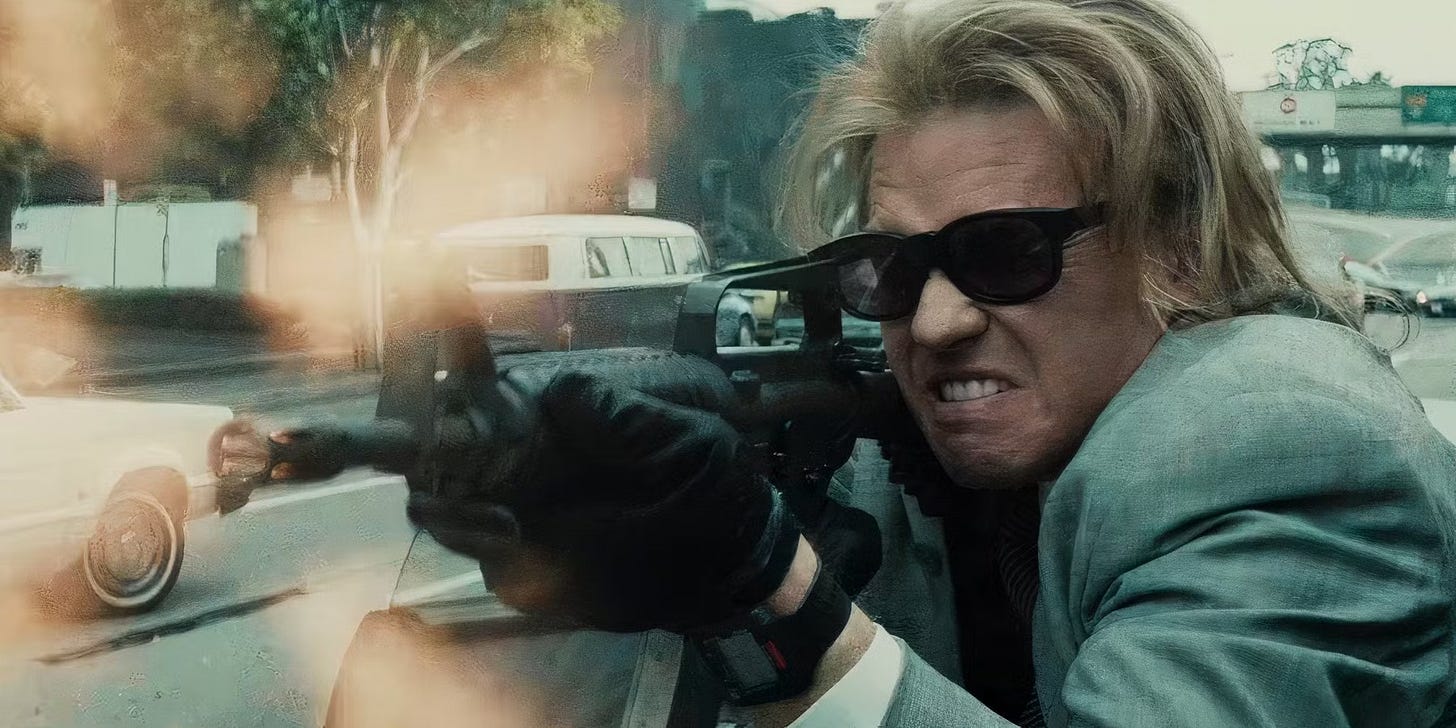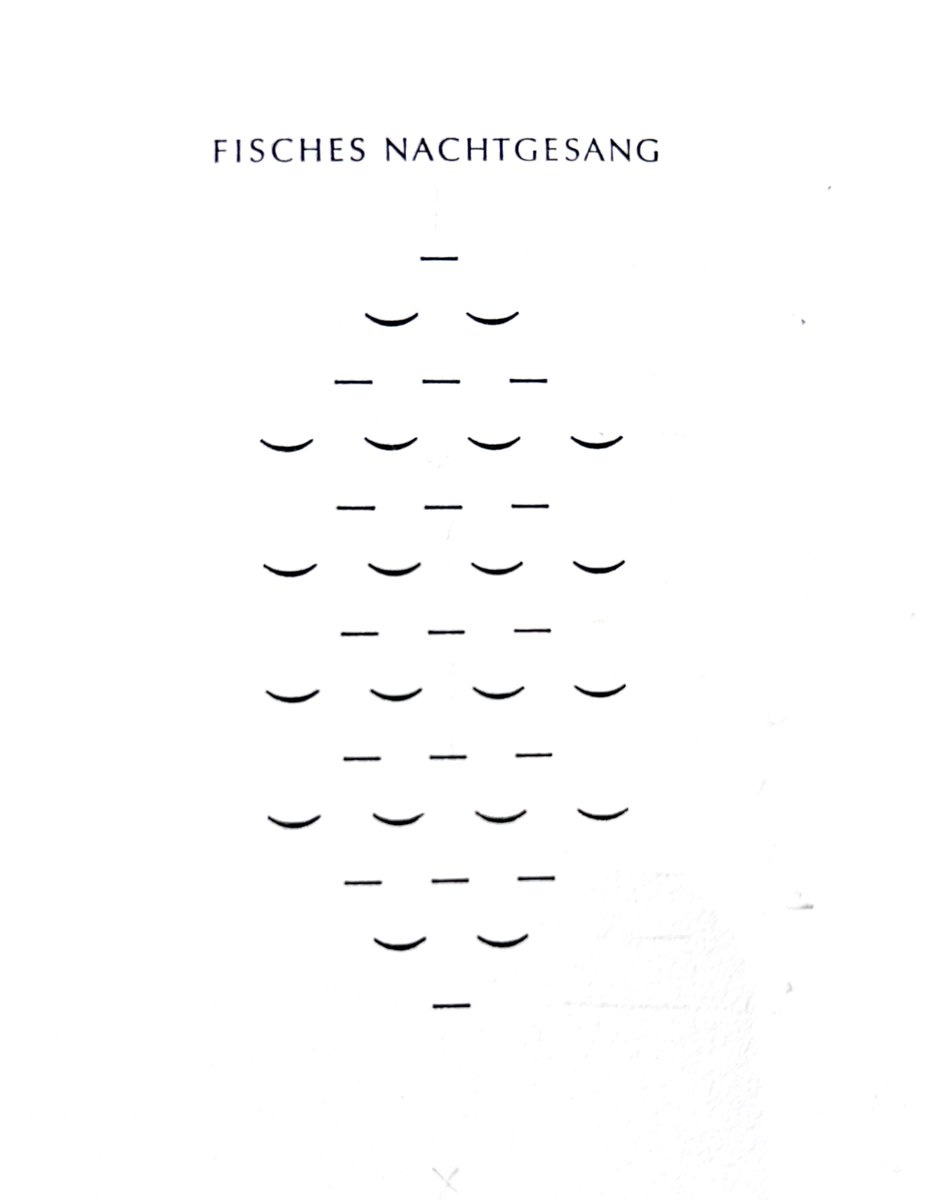Emergency Books, Emergency Movies
Sometimes it's alright to just schlep things around like a big security blanket.
Early Sunday morning, while visiting friends in Seattle, I was hospitalized for a severe case of gastrointestinal pain, what turned out to be kidney stones, a condition that—despite my suspicions to the contrary—I had previously tested negative for. Kidney stones, as I now understand, routinely produce false negative results, though their undiagnosed presence certainly led to the acute symptoms I was experiencing, an oversight that, no matter how common, felt like a renewal of hostilities between me and the US medical system. It wasn’t from a lack of proactive effort that I ended up in the hospital. Why bother if it’s just going to happen anyway?
Kidney stones, I should add, are as painful as people imagine them to be. Morphine and anti-nausea medication—I forget which one exactly—had a limited effect on a pain so profound that it felt as if my entire gut was being rearranged. What made the ordeal even more excruciating was a persistent inability to vomit, though I desperately wanted to. Anything for relief. A longtime friend of mine, Travis, who I was staying with, took me to the emergency room, which was kind and rather fortunate for me. I doubt I could have driven there myself.
Before the pain forced me into the emergency room, I lay awake watching Michael Mann movies on my laptop, a double feature of his best: Thief and Heat. Despite their violence and pessimism, I find something profoundly comforting in those movies, a fantasy world of hypercompetence. Even if the criminal-protagonists will throw everything away to pull off one last heist, there is something so utterly, so undeniably pleasurable about watching a person who is actually proficient at what they do, even if that proficiency is only a cinematic simulacrum.
Mann had De Niro, Pacino, Kilmer and company undergo law enforcement weapons training before shooting the famous gunfight scenes in Heat. The way in which the immaculately dressed protagonists of that movie—cops and robbers alike—expertly try to murder each other stood in direct contrast to the shrugging incompetence and indifference of the medical establishment, that night and more generally, an impression that was compounded by the ER doctor lecturing me about how kidney stones aren’t, in and of themselves, life-threatening and thus should not be treated at the hospital, as if I had known all along what was happening to me and had access to pharmaceutical-grade opioids.
I also tried reading that night but, for obvious reasons, had difficulty concentrating to the necessary degree. Often I’ll listen to audiobooks to lull myself to sleep, but the title I was working on, Edgar Allen Poe’s only novel, Arthur Gordon Pym, was too close in period and subject matter to another ongoing fiction project of mine, Strange Tales from the Ancient Capital, and also too close a set of reprints I’m designing for Paradise Editions, books by Lafcadio Hearn and Charles Maturin. In any case, I didn’t want to be reminded of work.
Extra-vocational reading also useless as distraction, though I was still inordinately happy about my recent purchases. From Magus Books, one of the finest used bookstores in the country, I bought a copy of William T. Vollmann’s Butterfly Stories, an out-of-print novel about prostitution—Vollman avoids the vague and somewhat anachronistic euphemism of “sex work”—in Southeast Asia. I also got a comprehensive German edition of Christian Morgenstern’s Gallows Songs, a cycle of humorous and surreal early modernist poems. Good stuff, but not quite the right kind of reading material—if there is a right kind of reading material—for when you’re in trapped in triage.
It might be comical then, might be outright ridiculous, that I took The Butterfly Stories and Gallows Songs over with me to the ER. It certainly looked ridiculous to the nurses and doctors to have those books spread about the hospital bed as I was writhing and vomiting—finally vomiting—and requesting any and all painkillers they had. The most I could manage was a glance or two at a poem by Morgenstern, including “Fishes’ Nightsong,” a favorite that is, despite the German, very easy to read, even under realatively adverse circumstances.
Once the morphine and anti-nausea medication had finally calmed me down, I was given a diagnosis—the one I had been seeking for months—and then promptly discharged. The whole ordeal took less than five hours, and of that I figure that less than three of those were spent in the emergency room. I didn’t have to wait long at all for treatment. There must have been a paucity of fentanyl overdoses in the area, though I’d seen a woman smoking it at a bus stop the day before. I’m fortunate in a lot of ways.
The remarkable thing about kidney stones is that, once the stones are passed or at least cease blocking the urinary tract, you don’t really feel all that ill—some latent nausea or exhaustion in my case, but not much more than I would have felt after a nondescript bout of insomnia. I took my discharge papers, my tote bag, and left. It was a beautiful morning in Seattle. The sun, just cresting above the Cascades, shone bright orange on the blood-red trunks of the madrone trees that bordered the hospital parking lot. Given some sleep, I could even concentrate on reading the books that I bought, not just clinging onto them like a security blanket. The pain subsided, practically into nothing, and the world became intelligible again.




Glad you're feeling better. I enjoyed the reflections on Mann and have had a title for an essay on him in my head for a while: The Job Makes the Mann. The central idea is the same one that you mention about "hypercompetence," or as I would put it, the identities of the characters in Mann's movies are completely tied up with their jobs. They become so competent because without their jobs, they're nothing. And when they stray from this, like De Niro going back for Waingro, their whole world falls apart. "The Insider" with Pacino and Crowe fits in to this frame as well.
My sympathies concerning ER. What as stupid, heartless way to treat sick people.
Thanks, nonetheless, for the Christian Morgenstern. I used to read that poem to my daughter on a regular basis. Perhaps "perform" is a better word.